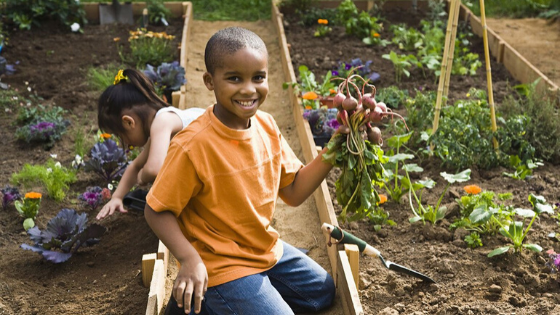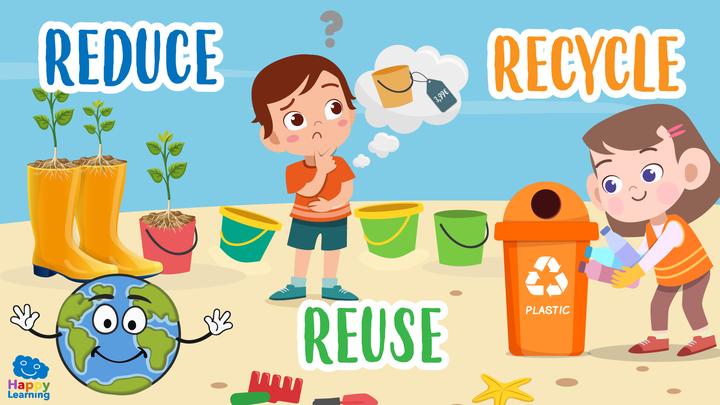
Our children are the future, they will inherit this earth when we are gone – and whatever we teach them now is what they will grow up with. The whole world is going about global warming and its effect on our lives. As part of what we teach our kids, we should include how they are to take care of the earth and appreciate nature.
Kids nowadays care more about the virtual world than the real world. They’d rather spend more hours playing video games, than interacting with nature. I remember days when I’ll go on evening walks with my dad, those walks make us appreciate our surroundings. It opened my eyes to how the earth is in need of help, and how I can help in my own little way.
In celebrating World Earth Day 2022, we will look at how our younger generations can be taught to appreciate nature.

1. Spend Time in Nature
The reason some of our kids do not even engage in outdoor play is that we as parents spend most of our time with screens and TV. Children learn what they see, and if a child sees you watching TV always, he/she will develop such a habit. But once you start going out for walks, your child would eventually ask to join in. You can from there go on family picnics.
2. Introduce Children to Plants at Home
Plants are the most noticeable components of nature. Introducing your kids to plants that you have at home can be a good start in encouraging them to appreciate nature. You can make it more fun and exciting by making up games that’ll stimulate their learning ability. It’s inspiring to observe the transformation from seed and soil to seedling, and then to mature plants with ripe, delicious vegetables and fruits.

3. Teach them about Gardening
Since you already have plants at home, it’s a good idea to involve the kids in taking care of that flora and fauna, as well. Basic gardening skills will be most helpful to children, and they’re also a good way to teach them how to care for nature. For starters, you can give them small responsibilities, such as watering the plants, digging the soil for cultivation, and picking flowers and fruits or vegetables when they’re ready to be harvested.
4. Be a Nature Lover Worth Emulating
Teaching kids to be nature lovers can’t happen overnight. They need someone to serve as their guide or a model so they’ll know what to do and how to do it. Show them how to appreciate nature by letting them see that you’re also doing it yourself. Kids are very good observers, and they often follow suit with almost anything that they see in adults.
5. Educate them about Preserving Earth
More than appreciating nature as it is, it’s important that children also know how they can help in preserving Earth. Make them truly understand that protecting nature starts within themselves and that they can help through the simplest and most little ways they can.

You can educate them about:
- Volunteering: When they’re old enough, they can volunteer in different activities in the community, such as cleanup drives.
- Conserving Water: Educate them on how conserving water can help in preserving Mother Earth. Simple steps like showering with less water can be a great start.
- Reducing, Reusing, and Recycling: Teach your kids to minimize their waste. Conserving natural resources is possible by reusing and recycling things, such as old books and notebooks.
It might be challenging to impose on your kids, especially if they’ve been raised to stay still and play on their smartphones or watch TV all day long. What you need to do is to gradually transform their daily habits and introduce nature little by little.
Cultivating a relationship with nature has benefits for people of any age. But starting young to develop that relationship offers distinct advantages. Spending time in nature can enhance feelings of calm, help heighten our observation skills, excite the senses, and inspire awe, humility, and wonder.